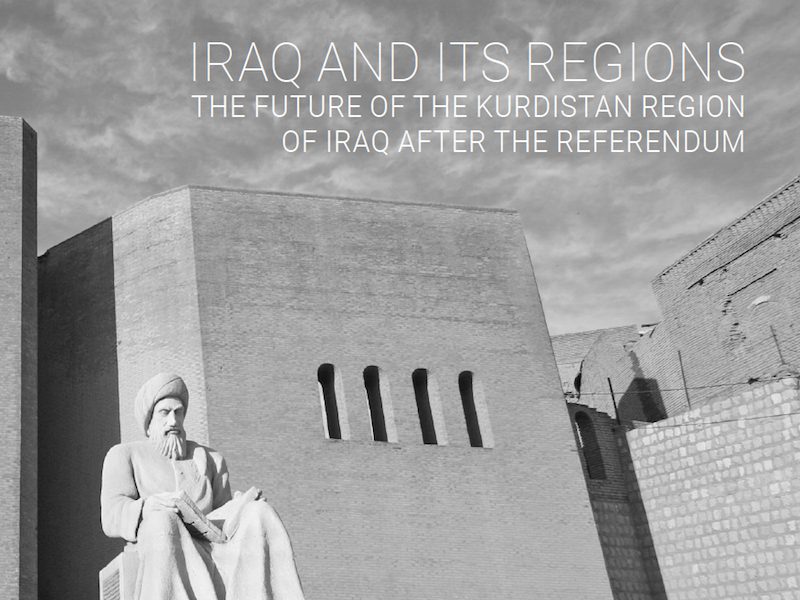 The Future of the Kurdistan Region of Iraq after the Referendum
The Future of the Kurdistan Region of Iraq after the Referendum
The Future of the Kurdistan Region of Iraq after the Referendum
The Future of the Kurdistan Region of Iraq after the Referendum
Despite huge Iraqi, regional and international opposition, Masoud Barzani, the President of the KRI, went ahead with an independence referendum on 25 September 2017. The results showed an overwhelming endorsement of a split from Baghdad. However, the referendum did not deliver the enhanced bargaining power that the President was hoping for in negotiating independence. Instead, the KRI lost the gains they had made during the fight against ISIS and President Barzani announced his resignation. Iraq responded with a legal decree declaring the referendum illegal, imposing a blockade on international flights to and from the KRI, taking over Kirkuk, and emphasising the importance of Iraqi sovereignty and unity. The referendum and its aftermath further deepened internal political divisions in the region, exacerbated tensions within the PUK, further intensified the economic crisis in the KRI, and possibly diminished any chances of realising Kurdish independence in the near future. The post-referendum crisis once again showed the severity of the outstanding issues between Baghdad and Erbil; namely, territorial disputes, distribution of the federal budget, and the ownership and sale of oil.
This workshops brought together Kurdish political, economic and social analysts and decision-makers with other experts on Iraq and the KRI. It examined the major dynamics that will shape Iraqi-Kurdish politics going forward.
Workshop Proceedings providing a summary of the presentations and discussion were published in Arabic and English.
A series of memos written by workshop speakers was also published on the Middle East Centre Blog.